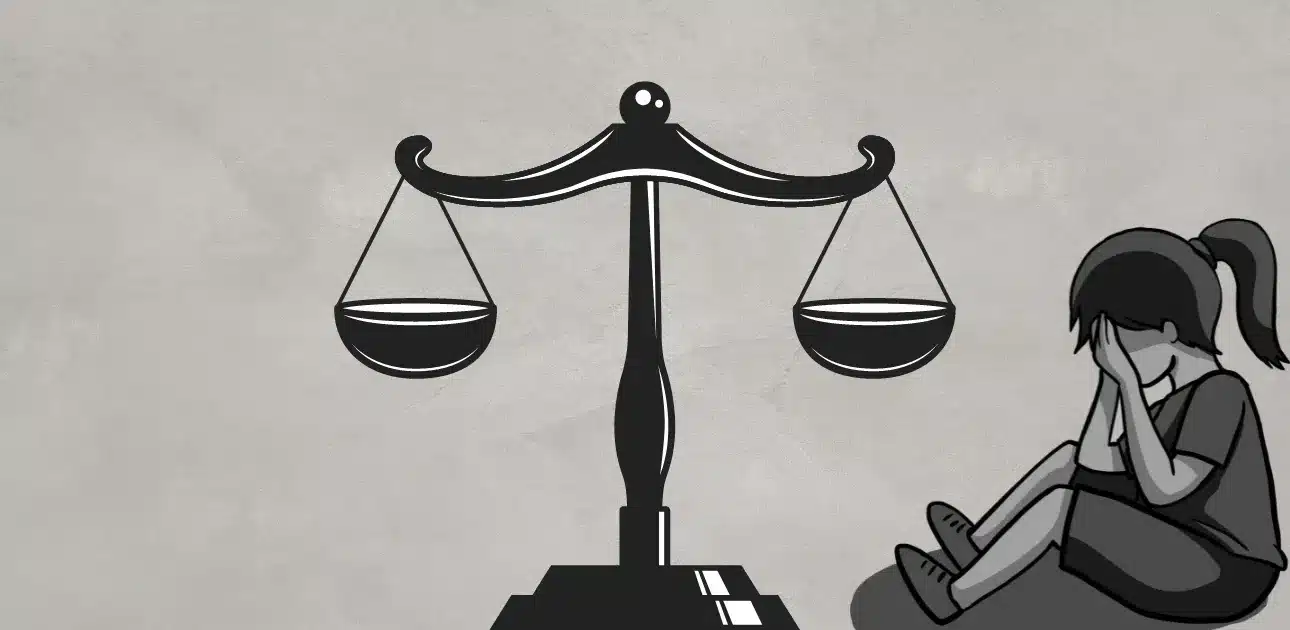About Prohibition of Child Marriage Act (PCMA):
- PCMA came into force in 2006 to prevent child marriage and ensure the eradication of the practice.
- It replaced the Child Marriage Restraint Act of 1929.
- The primary object of the Act is to prohibit solemnization of child marriage.
- This Act is armed with enabling provisions to prohibit child marriages, provide relief to victims, and enhance punishment for those who abet, promote, or solemnize such marriages.
- As per the act, the age of marriage for boysis 21, and for girls, it is 18, and any marriage of people below this age will be considered a child marriage which is illegal, an offence, and is punishable under the law.
- Any person can report an incidence of child marriage before or after it has been solemnized.
- Nodal Officer:
- The District Collector is the Nodal Officer at the district level for the purpose of implementation of the Act.
- He/she shall periodically review the implementation of the Act within the respective district and take all necessary measures for the proper and effective implementation of the Act.
- Child Marriage Prohibition Officers (CMPO) are to be appointed in every state to prohibit child marriages and ensure the protection of the victims as well as prosecution of the offenders.
- The CMPO has been empowered to provide necessary legal aid to victims of child marriage and to produce children in need of care and protection before the Child Welfare Committee or a First-Class Judicial Magistrate, where there is no Child Welfare Committee.
- Petition:
- The petition to nullify the child marriage can be made in court only by the girl or boy, who are below 18 years of a geat the time of marriage.
- However, a guardian along with the CMPO can file the annulment petition on behalf of the child, if they are still minors.
- The District Court can grant nullity of marriage. The District Court includes the Family Court, the Principal Civil Court of Original Jurisdiction, and any other civil court specified by the State Government.
- Punishments:
- Child marriage is an offence punishable with hard imprisonment ,or with fine or both.
- The courts can issue injunctions prohibiting solemnization of child marriages.
- The offences under the Act are cognizable and non-bailable.
- Protection:
- The law provides for all support and aid, including medical aid, legal aid, counselling, and rehabilitation support for children once they are rescued.
- It gives legal status to all children born from child marriages and makes provisions for their custody and maintenance.
- It provides for the residence and maintenance of the female contracting party.
Q1: What is a cognizable offence?
Cognizable offence means an offence for which, and cognizable case means, a case in which a police officer may, in accordance with the First Schedule or under any other law for the time bell in force, arrest without warrant. Cognizable offences are usually serious in nature.
News: Supreme Court refuses to extend child marriage ban to all faiths
Last updated on June, 2025
→ UPSC Notification 2025 was released on 22nd January 2025.
→ UPSC Prelims Result 2025 is out now for the CSE held on 25 May 2025.
→ UPSC Prelims Question Paper 2025 and Unofficial Prelims Answer Key 2025 are available now.
→ UPSC Calendar 2026 is released on 15th May, 2025.
→ The UPSC Vacancy 2025 were released 1129, out of which 979 were for UPSC CSE and remaining 150 are for UPSC IFoS.
→ UPSC Mains 2025 will be conducted on 22nd August 2025.
→ UPSC Prelims 2026 will be conducted on 24th May, 2026 & UPSC Mains 2026 will be conducted on 21st August 2026.
→ The UPSC Selection Process is of 3 stages-Prelims, Mains and Interview.
→ UPSC Result 2024 is released with latest UPSC Marksheet 2024. Check Now!
→ UPSC Toppers List 2024 is released now. Shakti Dubey is UPSC AIR 1 2024 Topper.
→ Also check Best IAS Coaching in Delhi
























